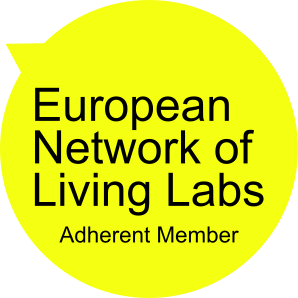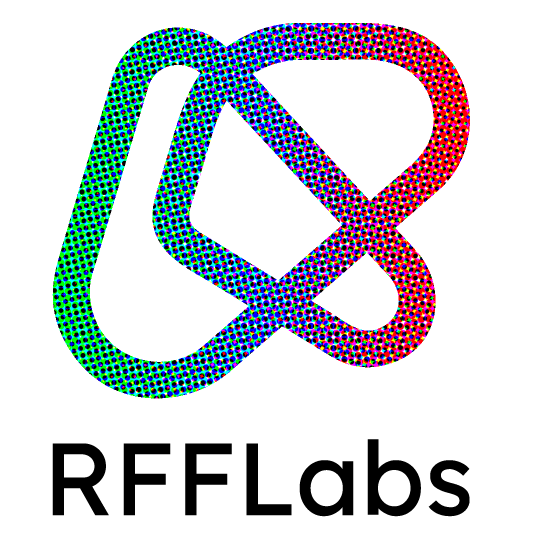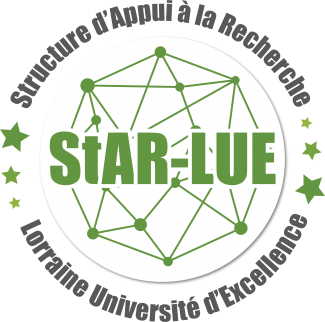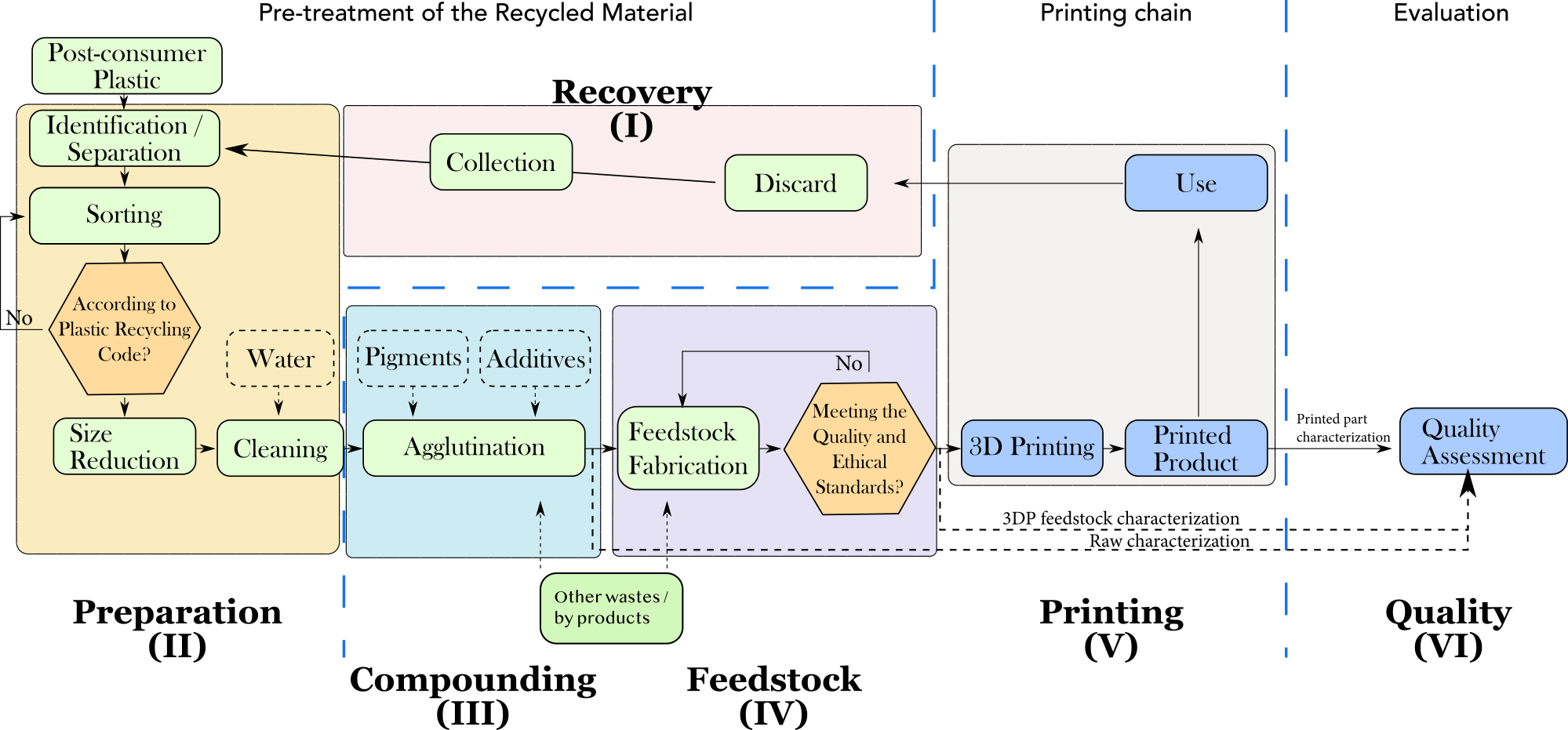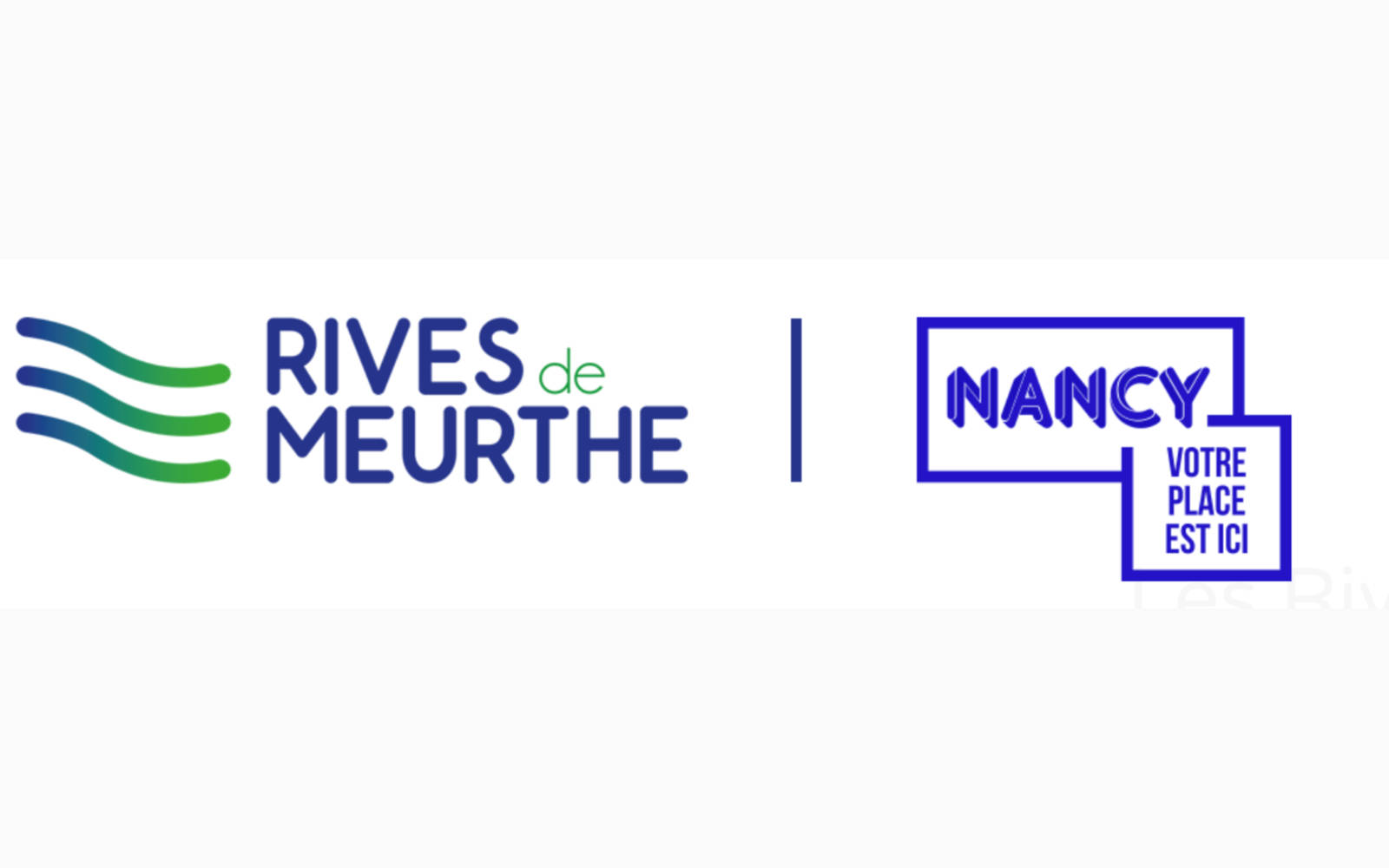Proposition of Internship
 The INEDIT (open INnovation Ecosystems for Do It Together process) is a research project obtained in the framework of the European Union’s H2020 programme starting in autumn 2019 for a duration of 36 months.
The INEDIT (open INnovation Ecosystems for Do It Together process) is a research project obtained in the framework of the European Union’s H2020 programme starting in autumn 2019 for a duration of 36 months.
INEDIT creates an open innovation European DIT ecosystem for sustainable furniture co-creation. It channels the creativity of consumers, shapes it through designers’ professional skills, and makes it viable by leveraging on the expertise of production specialists in order to deliver sustainable, smart and personalized new products in a shorter time to market. INEDIT intends to demonstrate the capacity to turn the well-known ‘Do It Yourself’ (DIY) approach applied by individuals within FabLabs into a professional approach named ‘Do It Together’ (DIT).
Therefore, to create sustainable furniture, we developed a Distributed Recycling via additive Manufacturing (DRAM) approach:
Thus, the context of this internship project is placed in the Recovery (I) phase.
The development of local closed loops for DRAM is a major goal for sustainable furniture co-creation considering a DIT approach as key driver.
Industrial Ecology
One of the focus for the reduction of plastic waste sink is the identification of potential source easily to collect and treat on innovations laboratories/spaces as fablabs, hacker/maker spaces. In the same way, to create a symbiosis network is needed identifying the competences, barriers and opportunities of the actors involved.
Goal
The main goal of the project is to create a demonstrator of local network for distributed recycling, identifying the organizational aspects and main drivers to evaluate this approach.
Missions
- Diagnosis of the territorial context of the distributed plastic network (economic, social, environmental, political and technological).
- Identify the actual and potential stakeholders forming the recycling network Understand the motivations, needs and constraints of stakeholders with regard to the plastic collection and recycling process.
- Studying the impact at the territorial level.
Methodology
- Literature review on the concepts and understanding of their articulation: industrial ecology, industrial symbiosis, short circuits, distributed recycling, etc.
- Case study is based on the deployment of an open-source collector in the LF2L neighborhood to collect plastic waste.
- Elaboration of the appropriate methodology for the field survey (data collection)
- Conducting field interviews with the identified stakeholders
- Analysis and processing of data and confrontation with theoretical questionings
Expected results
- Understanding the conditions of emergence and development (constraints and levers) of distributed networks of recycled plastic.
- Cartography of stakeholders for a closed loop network and the local waste management options for particular plastic wastes.
- Evaluation and documentation (and eventually statistical analysis) on the deployment of the experimentation for each actor:
- Public institution: ENSGSI School
- Private: ATP Rives de Meurthe
- Citizen: Foire Internationale de Nancy
Partners of the project
Timming: February 2021 - Sept 2021
Candidate profile
- Industrial / Urban engineering students with focus on territorial development.
- English and French skills are required to be able to meet local actors.
Contact
First, read our Internship guide. Then, send us your CV and cover letter. If additional questions, let us know
- Fedoua Kasmi (fedoua.kasmi{at}univ-lorraine.fr)
- Laurent Dupont (l.dupont{at}univ-lorraine.fr)
- Hakim Boudaoud (hakim.boudaoud{at}univ-lorraine.fr)
- Fabio Cruz (cruzsanc1{at}univ-lorraine.fr)


